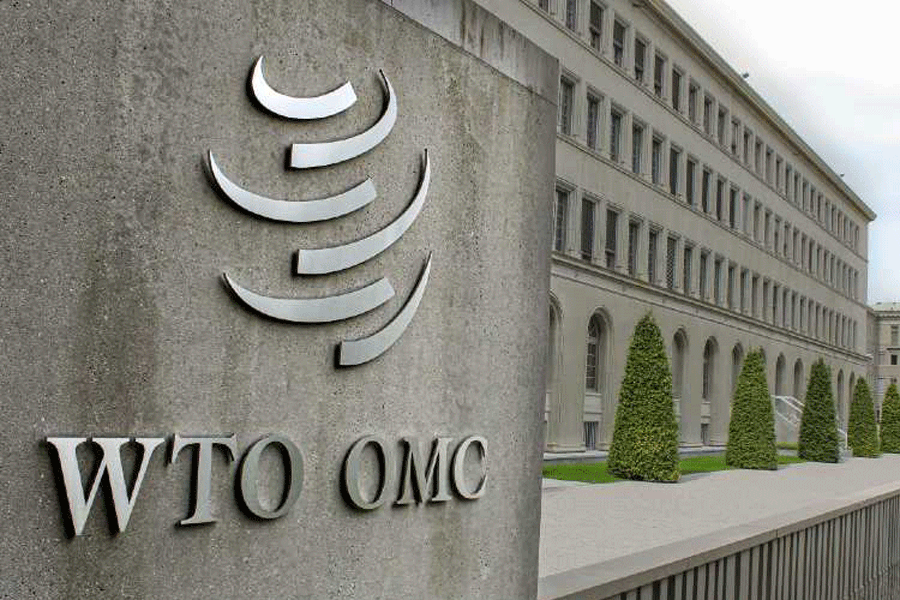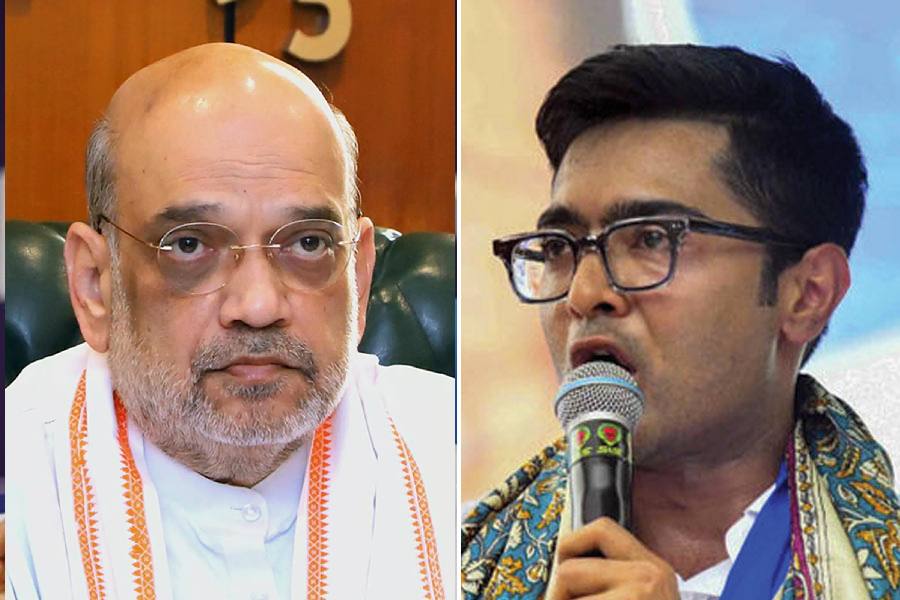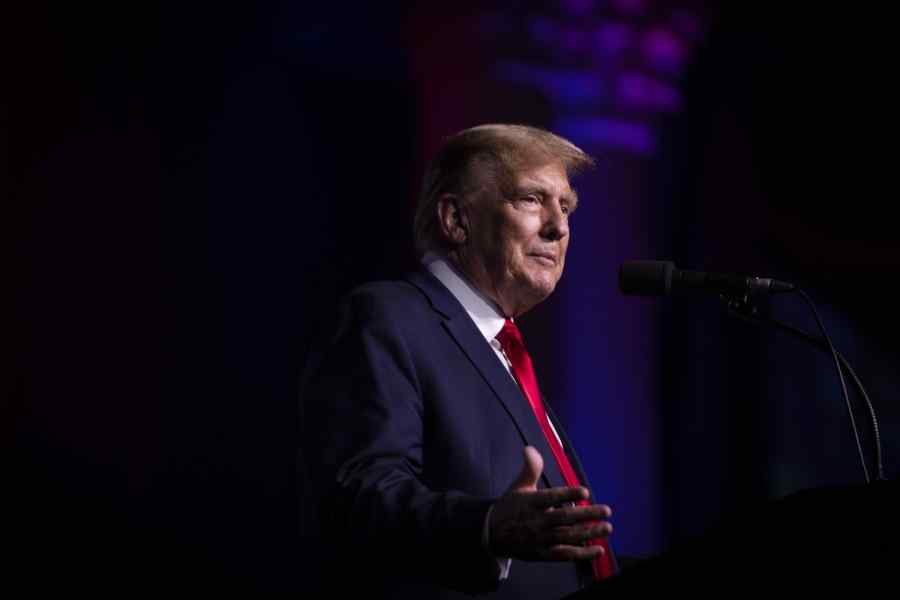The World Trade Organization concluded its 13th Ministerial Conference at Abu Dhabi recently. No major decision emerged from the meeting. A number of tasks were announced to improve procedural matters like negotiations and conflict-resolution protocols. The customs duty moratorium on e-commerce was extended by another two years. The pending issues on agricultural support, public stockpiling of food, and subsidies to fisheries were left without a clear sense of closure. In this regard, India took a strong stand regarding support to its farmers and the need for public procurement of food for security reasons. This is important given the specious claims that fishing in India is primarily a small-scale activity and that commercial fishing on a large scale is virtually absent. India has been known for its tough stance on such matters. It also endorses the possibility of imposing export restrictions on food items to prevent domestic scarcity. The developed nations, on the other hand, want greater access to Indian markets for agriculture and pisciculture. They have pointed out that India’s decisions may be detrimental to nations that are poor and are net importers of food. India’s position of protecting its own farmers is important. Indian agriculture is still not resilient; its food security is not firm enough to merit the withdrawal of State support. Despite its moral stance at the conference, it must be noted that domestically the Centre has been dragging its feet on extending greater financial support to farmers. The preference seems to be for the corporatisation of agribusiness.
The WTO is beset with its own challenges. It has been rendered toothless since the pandemic and given the global rise in protectionism and economic nationalism. The charm of globalisation that led to the birth of the WTO has faded remarkably quickly. Nations have been prioritising their domestic economic agendas; hence, consensus on decision-making on global fora has become more challenging. The WTO now arrives at decisions on the basis of what is referred to as ‘plurilateral’ principle. In the heyday of globalisation, the lure of a one-world trade order compelled developing nations to agree with contentious decisions that, in many cases, yielded greater short-term benefits to developed countries. Now, with the image of a global village waning, more and more differences are coming to the fore. The WTO, like many other multilateral bodies, may end up being a regulatory relic, awaiting the next wave of market integration and foreign direct investments.










